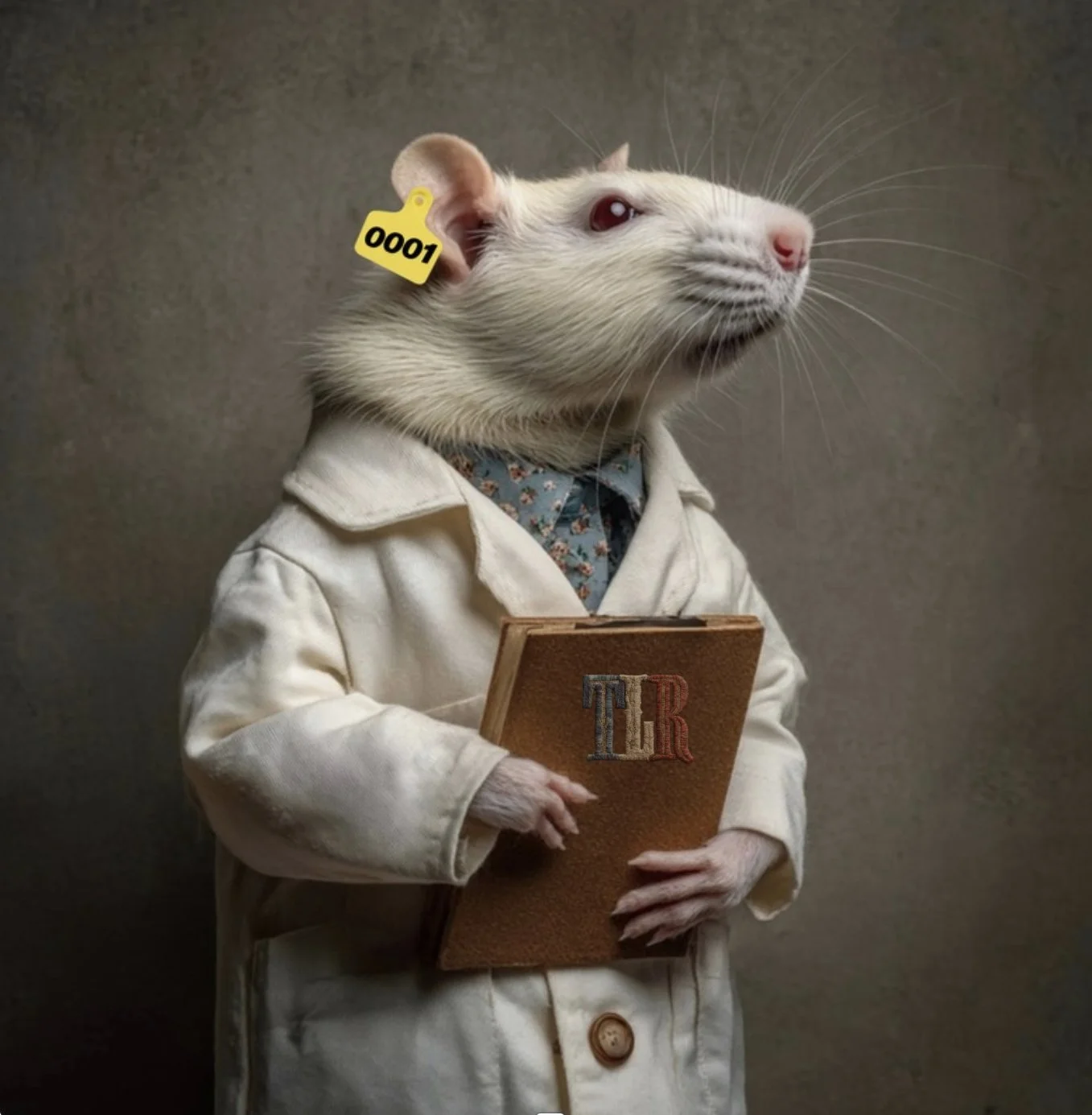the lab rata
Hello, I’m Ken Ratcliffe AKA…
Anyone who knows me knows I love a good experiment; and the more unconventional the better. For example, can a creative who isn’t African American successfully run a high-profile African American account? Or, can a non-Spanish speaker lead a winning boutique Hispanic agency? Well, according to the data: Si and si.
Now I’m not saying I could run a big-time Hispanic or multicultural shop— but I do believe I have the chops to be a solid test subject—especially when it comes to providing a quick bit of creative momentum. But don’t take my word for it. Let’s look at the science, shall we?
POINT 1. The Winner Effect:
Having won 9 of my last 10 pitches (3 of them Hispanic), I’m currently smack dab in the middle of the neuroscientific and biological phenomenon known as The Winner Effect— where repeated success leads to a positive feedback loop of increased confidence, risk-taking behavior and, most importantly, a greater likelihood for future wins.
POINT 2. Neuroplasticity
This is the brain’s ability to change + reorganize itself by forming new neural connections when repeatedly succeeding in high-risk, high-reward tasks. From having 30 days to save a marquee account to reinvigorating new business efforts to helping turn around a struggling overseas agency, these are just some of the tasks where neuroplasticity has further stregthened these kind of abilities.
POINT 3. The 10,000 Hour Rule
With a lab rat’s lifespan being a mere 3 years and me currently on the wrong side of 1, I’ve been ideating most of my adult life— far exceeding the 10,000 hours of dedicated practice needed to achieve “mastery.” Of course, in advertising, time can often have the opposite effect (ie, being out of touch, hack-dom, etc) but rest assured, even as a CCO of a large network, I’ve always made it a point to put pen to paper and be a goto problem solver.
POINT 4. Increased Cognitive Flexibility:
A phenomenon where repeated exposure to new environments, cultures + experiences force the brain to adapt, reorganizing neural pathways and increasing its ability to switch between different ways of thinking + problem-solving. Research shows this Increased cognitive flexibility is a key driver for enhanced creativity and innovation, as it helps approach challenges with a more open and unconventional mindset. And having worked in 4 continents and 9 major international cities, I believe I carry this mindset whereever I go—which just so happens to be your city, and what I’m hoping is #10 of The Lab Rata World Tour.

